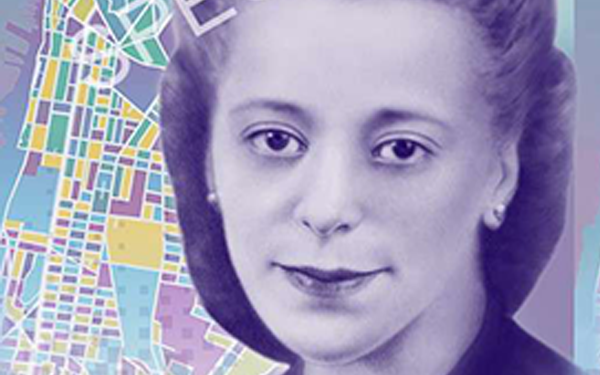
By Céline Ahodékon
February is Black History Month (BHM) in Canada. Every February, Canadians are invited to participate in BHM festivities and events that honour the legacy of Black Canadians, past and present.
In December 1995, the House of Commons officially recognized February as BHM in Canada following a motion introduced by Jean Augustine, the first Black Canadian woman elected to Parliament.
People of African descent have been part of shaping Canada’s heritage and identity since the arrival of Mathieu Da Costa, a navigator and interpreter, whose presence in Canada dates back to the early 1600s. Many Loyalists who came to Canada from the States in the early 1800s were also Black people and most of them settled in Africville, Nova Scotia. As Canadian soldiers, Black Canadians made many sacrifices in wartime as far back as the War of 1812.
People of African descent contributed fully to the development of the Canadian society. Lawyers, doctors, politicians, teachers, hair dressers, barbers, just to name a few, were Black people. However, life wasn’t always easy for them. Black communities faced discrimination, racism, hatred and racial segregation.
In 1846, Viola Desmond took a stand for what she believed in, social justice: “Viola Irene Desmond was a Canadian businesswoman of Black Nova Scotian descent. In 1946 she challenged racial segregation at a cinema in New Glasgow, Nova Scotia by refusing to leave a whites-only area of the Roseland Theatre. For this she was convicted of a minor tax violation for the one-cent tax difference between the seat she had paid for and the seat she used. Desmond’s case is one of the most publicized incidents of racial discrimination in Canadian history. Her case helped start the modern civil rights movement in Canada”.
Viola Desmond’s courageous refusal to accept racial discrimination that day has shaped Canada’s history. In 2018, the Bank of Canada issued a new $10 bill featuring her likeness. This is the very first time ever in Canadian history that a Canadian woman, a racialized woman, and her story are featured on the money we all carry every day.
Viola Desmond is teaching all of us to do what is right! Stand up for those who face discrimination and unjust treatment. Speak up for those who can’t speak for themselves. Her story is also a rich proof that Black Canadians, throughout history, have done so much to make Canada the culturally diverse, inclusive, compassionate and prosperous nation it is today.
Brothers, Sisters and fellow activists, I hope that when you see the $10 bill you will reflect on Viola’s story and stand up, and fight injustice and systemic discrimination. Let’s fight for human rights and social justice, and equality. These are paramount in the advancement of a healthy society and we all need to do our part. Please take time to celebrate and learn more about people of African descent and their contributions to society. There are many activities organized across the country to celebrate BHM.
Happy Black History Month!
Céline Ahodékon is the UNE National Equity Representative for Racially Visible People.